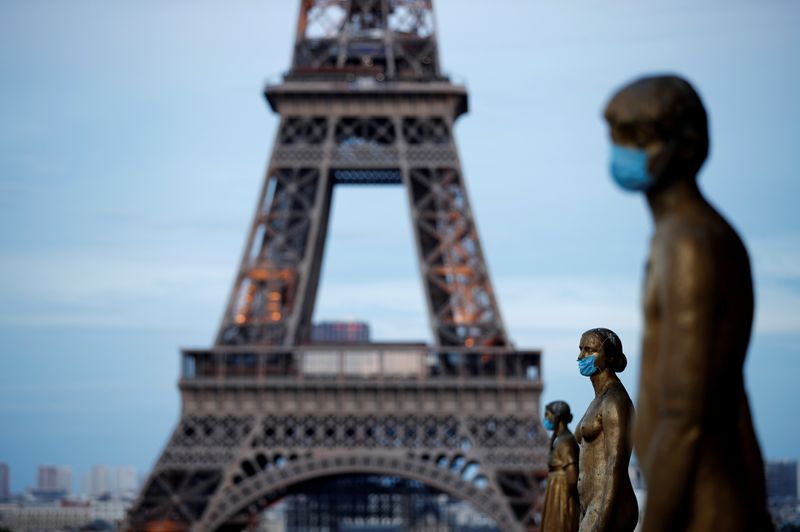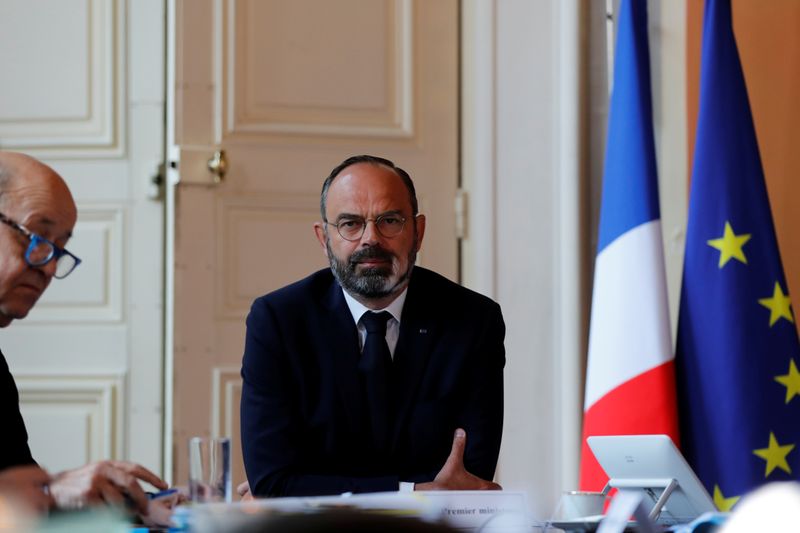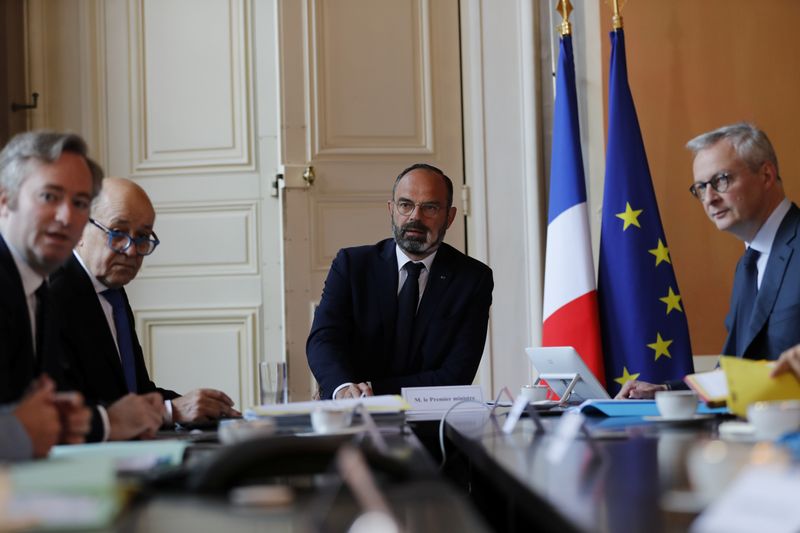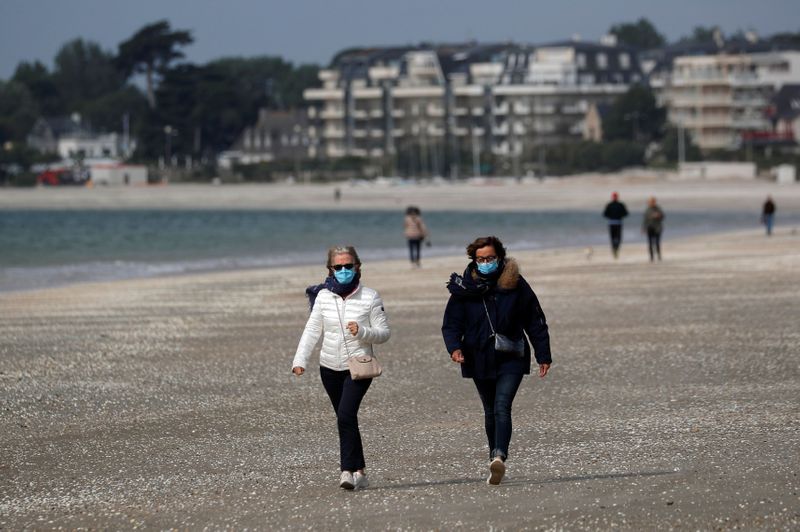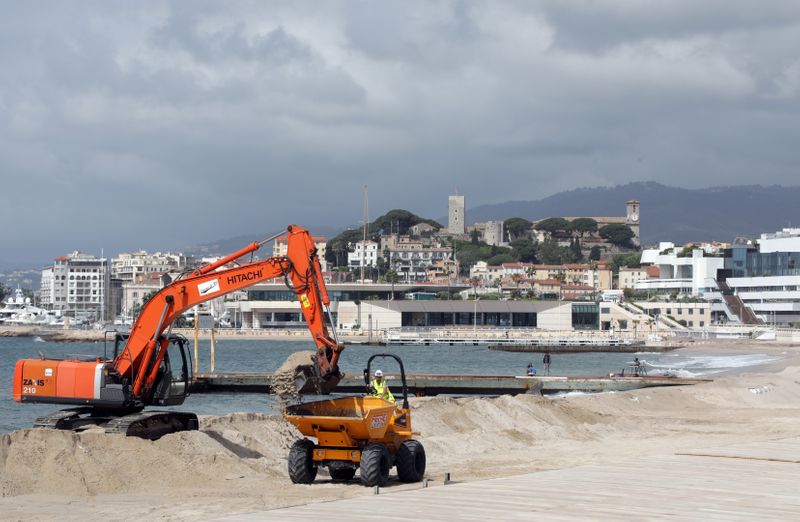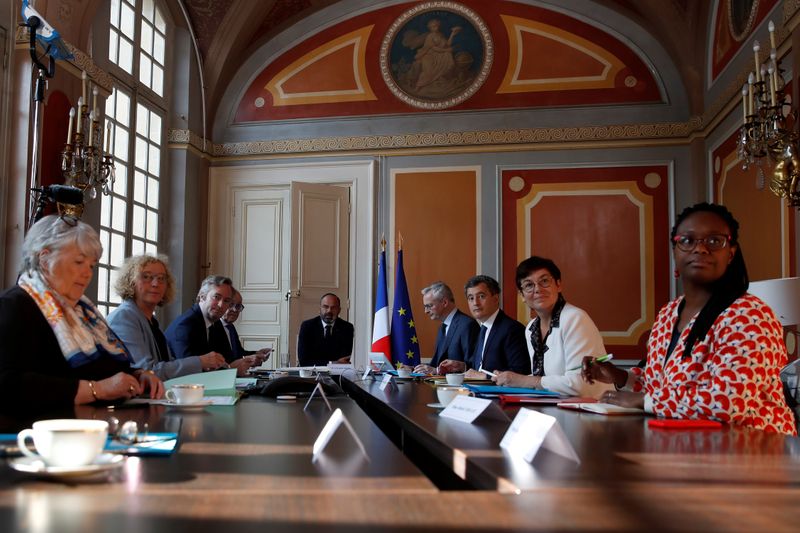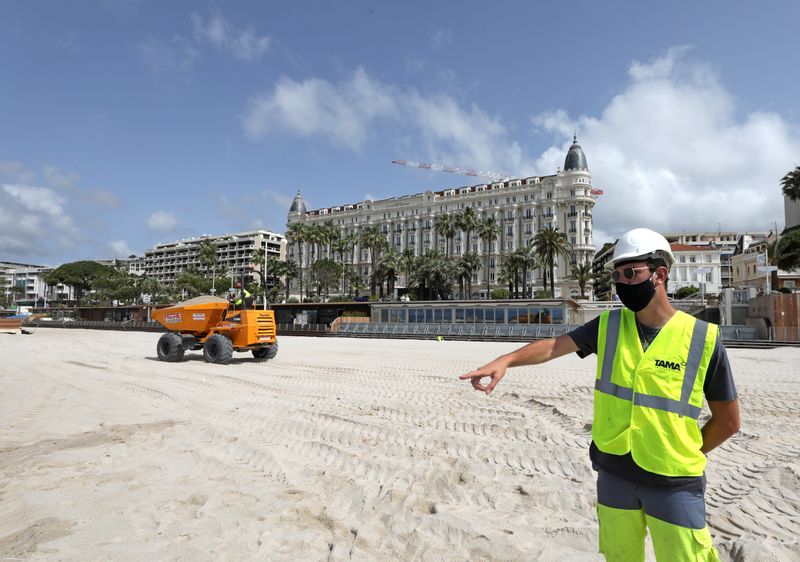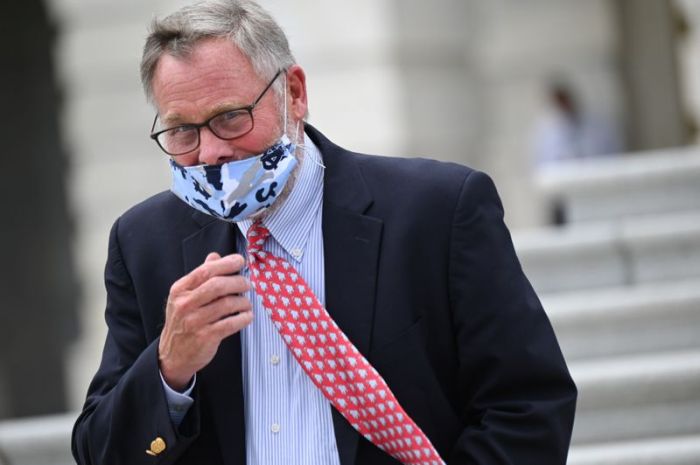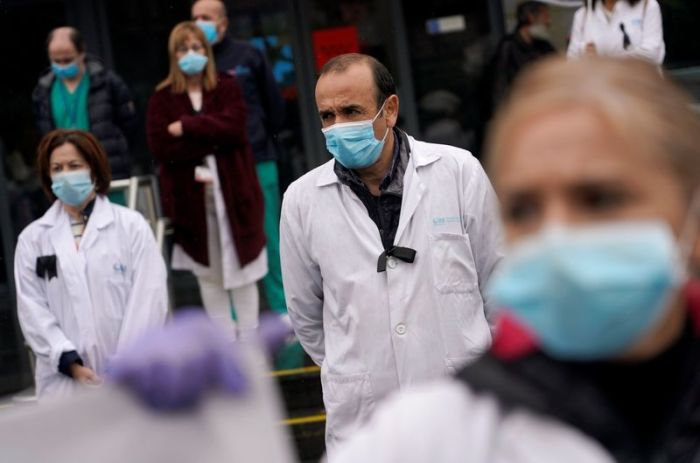PARIS (Reuters) – France on Thursday announced measures worth 18 billion euros ($19 billion) to support its tourism sector, which has been hammered by the coronavirus crisis and resulting shutdown of beaches, leisure attractions and hotels.
Nearly 90 million foreign tourists visited France in 2019, making it the world’s most visited country, government data shows. Tourism accounts for almost 8% of the country’s 2.3 trillion euro economy.
“Tourism is facing what is probably its worst challenge in modern history,” Prime Minister Edouard Philippe told a news conference. “Because this is one of the crown jewels of the French economy, rescuing it is a national priority.”
“This very French pleasure, which is at the heart of our identity, to meet up, eat well and have a chat, has been compromised by the lockdown first, and then the conditions of lifting that lockdown,” Philippe said.
The prime minister said that with 95% of hotels closed, the government’s priority was to avoid bankruptcies and job cuts.
To prevent job losses, the government is reimbursing companies for 70% of the gross wages of workers they put on furlough, and Philippe said that it will extend this measure until at least the end of September, even though the government is looking at winding down support down for other sectors.
In April, French hotels company Accor <ACCP.PA>, which runs brands such as Ibis and Sofitel, said it was cutting spending and had placed the bulk of its staff on furlough or unemployment schemes.
Philippe said he hoped restaurants would be able to re-open on June 2 in the country’s “green zones” where the virus is not circulating widely.
That would rule out an immediate return of the dining scene in Paris, a virus hotspot “red zone”.
The prime minister said the cherished summer holiday in July and August, when Paris virtually shuts down and holiday-makers head for beaches and country houses, would not be lost.
That, however, would require a relaxation of restrictions, including a ban on trips of more than 100 kilometres and the closure of beaches.
Solene Moisson, a student who was taking pictures in deserted Paris tourist hotspot, the Trocadero square, said escaping from Paris something she craved.
“Being able to see our families. Walk in the countryside, maybe go the beach if it’s open. To leave Paris. Summer in Paris is stifling with not much to do. We need a change of scenery,” she told Reuters.
An 88-year-old Parisian, who gave his name only as Albert, was more cautious.
“I will go away only if it’s possible, if there is no danger. If the virus is still a risk, I will not go,” he said.
Measures outlined by Philippe to rescue the sector, which he said totalled a “massive and unprecedented” 18 billion euros, included a 1.3 billion euros investment plan for direct cash injections into businesses by state banks.
Businesses with up to 20 employees and 2 million euros in annual revenue in the tourism, hotel and restaurant sector will also be able to tap a solidarity fund until the end of the year, to receive grants of up to 10,000 euros.
There will also be a social security tax break for May and June payments. The amnesty will continue as long as businesses have to remain shut. Tax exemptions will in total amount to 2 billion euros, Philippe said.
(Reporting by Michel Rose; Additional reporting by Sudip Kar-Gupta,Dominique Vidalon and Woo Yiming; Editing by Alison Williams, Hugh Lawson and Barbara Lewis)

